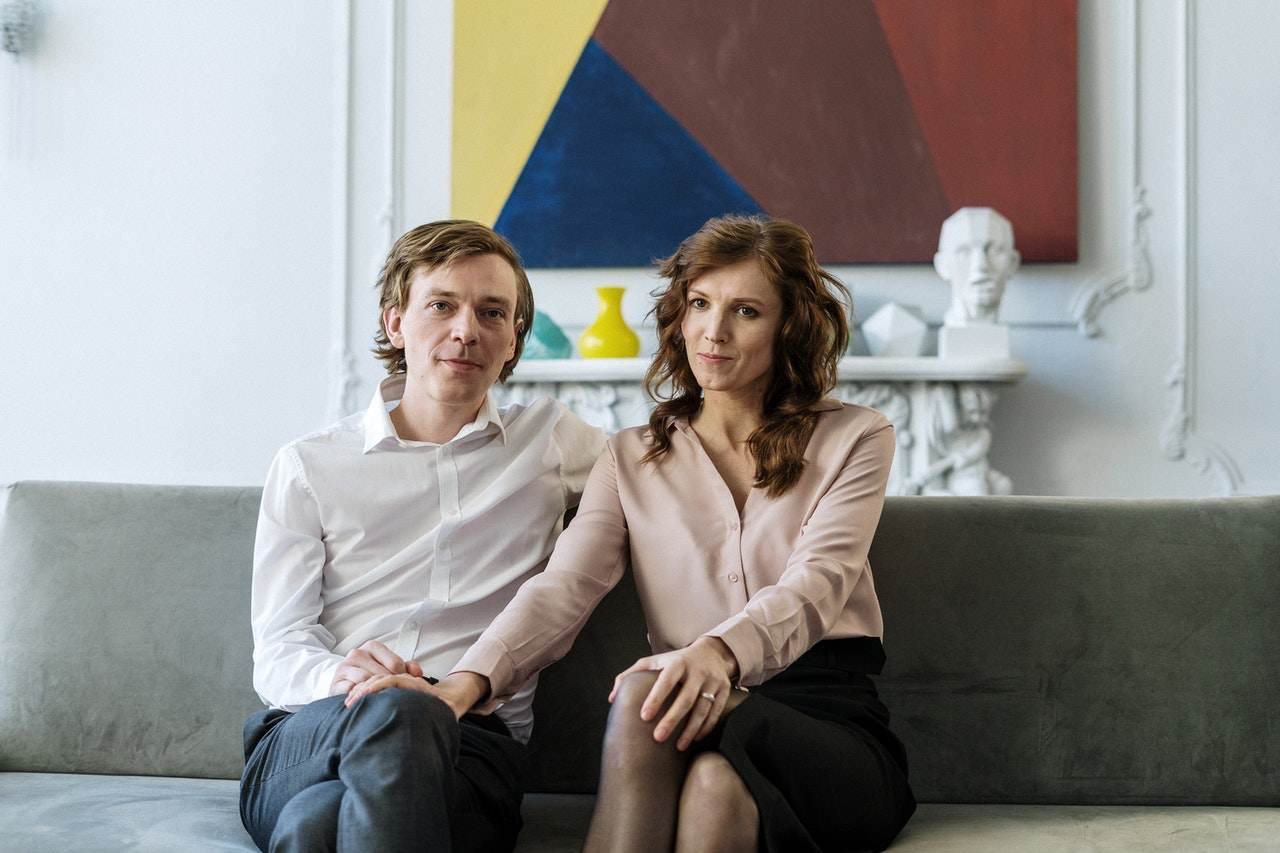Loving, committed relationships are extremely significant. And staying in one, through thick and thin, until the end is a lot to ask of two humans. It isn’t always easy, despite how hard we try. There are always going to be times when something goes wrong – a time when things get rough, and when you may want to consider couples counselling in Calgary.
Couples therapy is a form of treatment that allows you and your partner to work through your issues while being guided by an experienced couples counselor or therapist. The purpose is not to fix the couple, but to get both parties on the track to stronger, healthier relationships. Below we’ve listed 5 signs that you indicate you need to see a couples counsellor.
1. One or both of you have become indifferent
Are you or your partner indifferent about your relationship? Are you noticing signs of a lack of passion, lack of caring, and a growing sense of “I don’t know why I’m here, but I’m here anyway”? These are all red flags that should be immediately addressed. Couple counselling in Calgary is ideal for helping you dream up new ways to keep your love alive and see how much better your relationship could be.
2. The majority of your communication is negative
When your communication isn’t working, it can be frustrating. It may feel like the other person is never listening and you end up having the same conversation over and over again. For example, if you and your spouse struggle to get along because every conversation leads to arguments or fights, it’s likely indicative of a severe breakdown in communication.
3. Your relationship is lacking intimacy
It’s pretty common for couples to experience a decrease in intimacy after they’re married. The honeymoon phase has passed, life has gotten busier and stress levels have risen. It’s also normal for one spouse to sometimes have less desire for intimacy than the other. However, if either you or your spouse feel that your relationship lacks intimacy in general, or it becomes a point of contention for you, consider scheduling an appointment with a couples counsellor.
4. You or your partner have been unfaithful
Infidelity and extramarital affairs can serve as the death knell of a relationship when they’re discovered, with both parties giving up on any goodwill or chance at reconciliation. However, these relationships are almost always the result of a breakdown within the relationship, and an affair can reveal problems that might have gone undiagnosed otherwise.
5. You or your partner have been keeping secrets or lying
Relationships require an open and honest dialogue between partners. Many things about your partner are likely private and shouldn’t be shared with others, but there are also some things that shouldn’t stay secret or be purposely hidden from them. When you find yourself lying to your partner or hiding information, it could indicate a growing issue in the relationship.
Do You Need Couples Counselling?
Relationships are hard work. Going the distance is a marathon, not a sprint. And when things don’t go as planned, couples need to be prepared to address issues that arise in their relationships — issues they might not even be aware of or identified otherwise. Some people may think marriage/relationships/couples counselling in Calgary is only for couples on the brink of divorce. This couldn’t be further from the truth in some cases. Therapy can help problem solve and even potentially save a marriage or relationship from ending in divorce.


